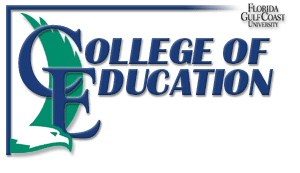
My Thinking: Evaluation of material is an important part of the learning process. Educators historically have been too eager (IMHO) to embrace ideas and interventions without appropriate evaluation. In fact, the history of American Education is littered with strategies that have become quite in vogue, only to be cast off in a few years when the next fad hits. Many of you I suspect have suffered through some of these transitions in your own career, and all of us have as students. In fact- as you sit in front of your computer enduring this lecture (?) you are being subjected to the latest fad- Interent-based distance education. Additionally, if you will recall, Bloom's Taxonomy refers to evaluation as a higher level skill. Theoretically, if one can evaluate and integrate, they can perform all those lower level tasks as well. Finally, depth-processing theory also applies here, but I will avoid that discussion and encourage you to consider its importance when you get to the work on information processing. So, I have chosen to have you review and evaluate the work of 3 peers. As it happens, this may have the additional benefit of helping you begin to consider the work of mentors and peer teachers in schools, and how best to help other teachers improve the art of teaching. As you complete your graduate degree, you will increasingly become likely to engage in these types of supervisory activities and based on your own experiences (rare though they may be) with teaching supervisors who are not good mentors, you may recognize the importance of developing feedback skills.
The Task: You will review a lesson plan and narrative that has been submitted by a peer. Your task is to consider their work in terms of both strengths (what they did well) and weaknesses (what they may have done better). Then, you will write a statement conveying your ideas that will be recieved by both the peer and the instructor. In every case, the written statement should evalaute the quality of the lesson (based on the theory represented), the usefulness of the narrative in explaing the connection between the lesson plan and the theory, and the overall presentation of the material.
Completion Hint: While conveying a
certain type of information, you should remember that information that
is not heard is information that is not helpful. As an editor, I
try to avoid very brief (one or 2 word coments on a written page). I attempt
to phrase my remarks in a manner that do not assgn value or worth to a
statment, but rather describe usefulness of the information to me as a
reader, or alternative approaches to writing that would help me understand.
In this manner, I try to convey how the written work can be improved upon,
while also acknowledging the work the author has performed.